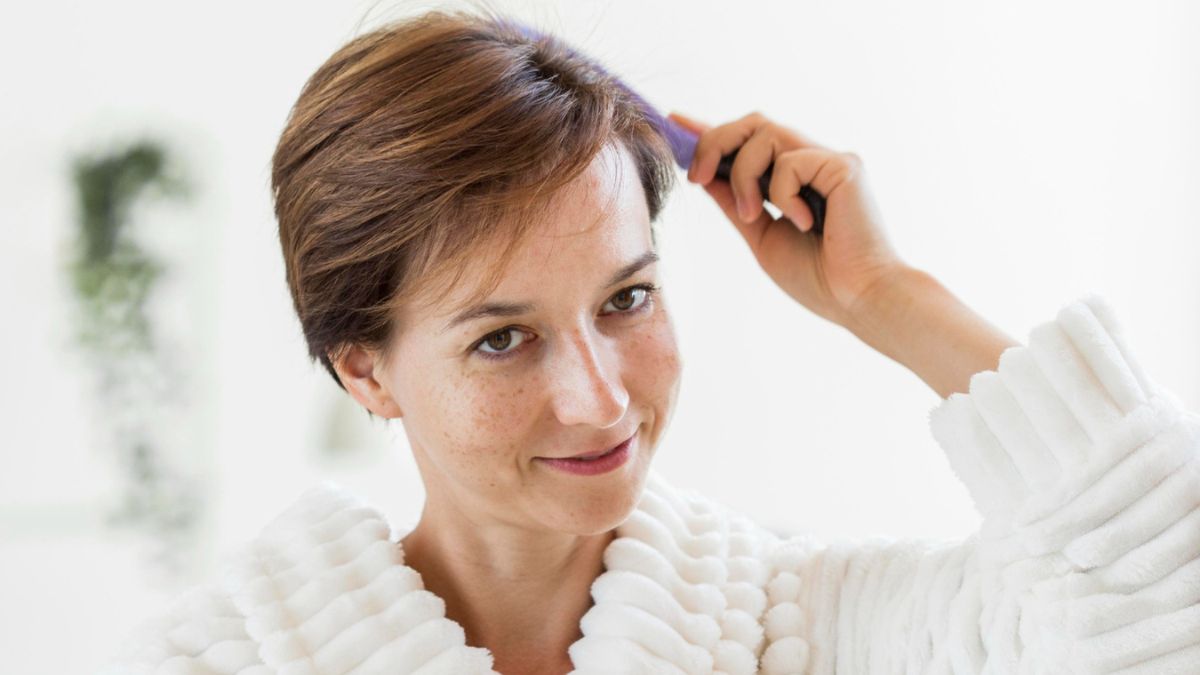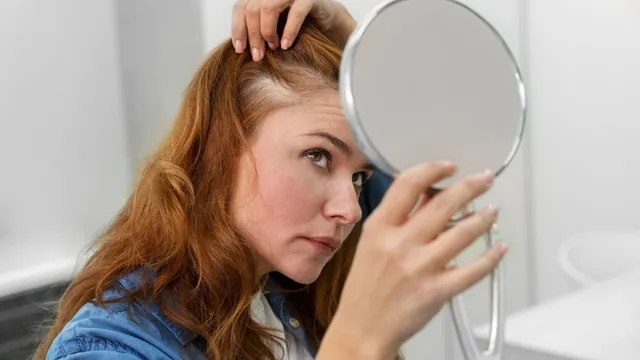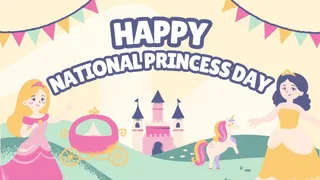- By Bornika Das
- Tue, 18 Nov 2025 06:33 PM (IST)
- Source:JND
Turning 40 marks a new chapter not only in life but also in how our bodies and hair evolve. A lot of people start to notice subtle yet significant changes in hair texture, volume and growth patterns as the hormones shift and metabolism slows down. While society often associates ageing with decline, the truth is more about transformation and awareness. Doctors and experts state that these changes are natural biological processes influenced by genetics, hormonal balance, lifestyle and scalp health. But few people discuss what really goes on beneath the surface, where changes in hair growth cycles and follicle strength begin to respond differently.
According to doctors, at 40, estrogen levels eventually lower, which leads to thinner strands, dryness and sometimes even a slowdown in regrowth. Collagen production decreases, which provides elasticity for hair, making breakage even more frequent. Stress, nutritional deficiencies, and over-styling accelerate visible signs of ageing in hair further. With the right diet, scalp hygiene, and natural nourishment, you can have healthier and more resilient hair well into your 40s. In conversation with the Daily Jagran, Dr. Pranil More, Director(Fusion Aesthetic Clinic), M.D. Physician(UKR), F.A.M. and Hair Transplant Surgeon, shares shocking truth about hair health after 40 years of age.
What Happens To Hair After 40 Years Of Age
If ageing isn't the sole villain, who are the real culprits? The truth is, many factors that impact hair health are not solely tied to the calendar.
Hormonal Shifts: For both men and women, hormone changes play a big role. In men, Dihydrotestosterone (DHT), a byproduct of testosterone, can shrink hair follicles (a condition known as androgenetic alopecia or male/female pattern baldness). Dr. Pranil More states, “In women, declining estrogen levels, especially around perimenopause and menopause, can lead to thinning.” The key here is that these imbalances can often be addressed.
Recommended For You
ALSO READ: What Is The Right Way To Make And Drink Methi Water For Natural Hair Growth?
Diet: Think of your hair as a plant; it needs the right nutrients to thrive. A poor diet lacking essential vitamins like Biotin, Iron, and Zinc can significantly impact hair growth.
Stress: Chronic stress pushes hair follicles into a resting phase too soon, leading to shedding. These are lifestyle factors you can control!
Medical Conditions: Thinning hair can be a symptom of an underlying health issue, such as a thyroid disorder, autoimmune conditions, or even side effects from certain medications. This is why a doctor's visit is essential.
Hair Care Habits: Excessive heat styling, harsh chemical treatments, or wearing very tight hairstyles can cause breakage and damage that mimics natural thinning.

Hair Care After 40 Years (Image Credits: Freepik)
How Can You Boost Your Hair Health After 40
The most impressive news? Dr. Pranil More states, “There are proactive, effective steps you can take to keep your hair full and healthy well past your 40th birthday.” You don't have to surrender to the myth of inevitable loss!
See A Specialist Early: Don't wait until thinning is severe. A dermatologist or a trichologist can diagnose the exact cause of your hair loss. Early diagnosis means better results with treatments.
Nutritional Boost: Focus on a balanced diet rich in lean proteins, fruits, vegetables, and healthy fats. Consider consulting a doctor about supplements if you suspect a deficiency.
Stress Management: Incorporate stress-busting activities like yoga, meditation, or regular exercise into your routine. This helps regulate hormones that impact the hair growth cycle.
ALSO READ: 7 Shower Habits To Prevent Winter Hair Fall And Save Every Strand
Modern Treatments: Over-the-counter and prescription treatments like Minoxidil and Finasteride are clinically proven to help slow hair loss and even stimulate new growth. Other options include Platelet-Rich Plasma (PRP) therapy.
Gentle Care: Treat your hair kindly. Use mild, sulfate-free shampoos, avoid excessive heat, and get regular trims to prevent split ends.
While some subtle changes in hair texture might be a normal part of ageing, significant thinning after 40 is not a sentence; it's a signal. It's a sign that something - be it hormones, diet, or stress - needs attention. By being proactive, seeking professional advice, and making targeted lifestyle changes, you can effectively debunk the ageing myth and keep your mane looking impressive for years to come.





